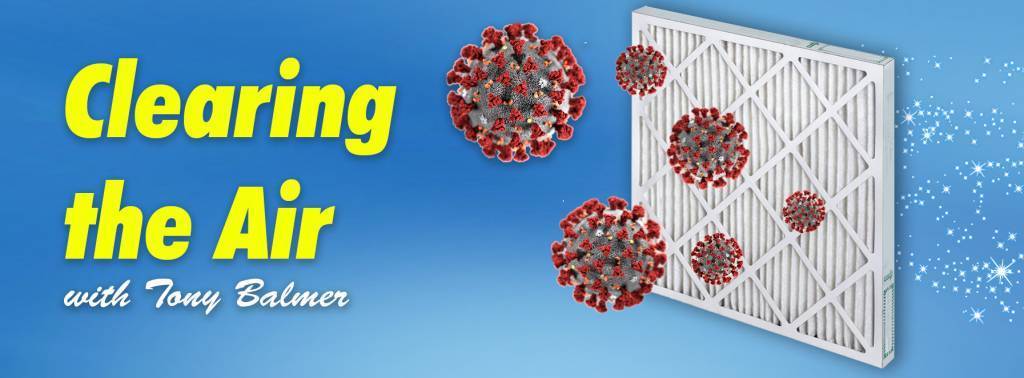In my last couple of blogs, I focused on air filtration systems and the filters. Now, let’s look at ultraviolet (UV) lighting. Keeping indoor air free from harmful contaminants is a major priority for most of us, in our homes and our businesses. Inhaling invisible allergens simply isn’t good for your health – or your sanity – especially when you’re dealing with Kentucky allergies! That’s where UV lighting comes in. The lighting is placed inside the HVAC system and kills any potentially harmful bacteria before it enters your living/working space. UV lights can also keep HVAC indoor coils free from fungal growth, which is good since the coil stays wet for several months out of the year.
How do these lights work? A properly designed and maintained UV system, often in concert with filtration, humidity control, and airflow management, has been shown to reduce infections from other viruses. The details of the system are very important – like the design of fixtures, lamp type, lamp placement airflow amount and mixing, etc. Simply adding UV to an existing system without considering these other factors would lead to very little benefit to your facility.
Will UV lights really increase the air quality in my home or business? Yes, your home is susceptible to fungus and studies have shown that the presence of UV lights in the system reduce fungal contamination within air-handling units, in the fiberglass insulation and reduced levels of airborne fungi in the floor space.
Harshaw Trane has helped local hospitals install UV lights in air handling units to help eliminate bacteria in hospital rooms and emergency areas. Recently, a local distillery worked with Harshaw Trane on the installation of UV lights in existing HVAC equipment. With the proper application of UV lights, this will eliminate the need for cooling coil cleaning, mitigate biological growth on coils as well as reduce pathogen levels in the airstream.
As always, I’m here to help! Remember that all UV applications are not equal and there are multiple applications and products that need to be analyzed to determine the most effective solution for your situation.
Disclaimer: Tony Balmer is a trusted filter professional. This blog is not meant to be used as technical industry or medical advice. It is written from his personal perspective.
Sources
- Jeffrey Siegel, a professor in the Department of Civil & Mineral Engineering at the University of Toronto and an expert in indoor air quality.
- ASHRAE’s HVAC Design Manual for Hospitals and Clinics
- NAFA Guide to Air Filtration
- NAFA Installation, Operation, and Maintenance of Air Filtration Systems manual (IOM)
- ASHRAE’s Position Document on Airborne Infectious Disease

